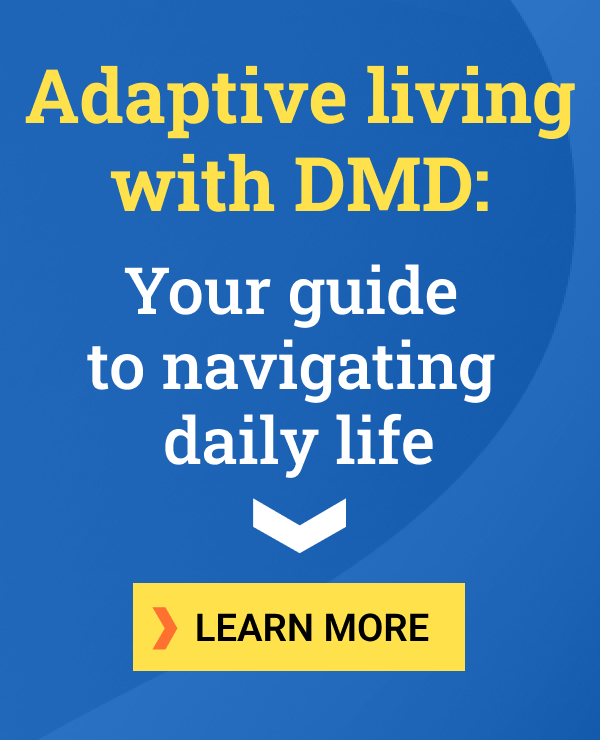Walker-Warburg syndrome (WWS) is a form of congenital muscular dystrophy characterized by muscle weakness and wasting (atrophy) from very early in life. The disease also causes problems with development of the brain and eyes.
What causes WWS?
WWS can be caused by mutations in a number of genes, not all of which have a known function. Most of the genes in question carry instructions for making proteins involved in modifying the function of alpha-dystroglycan, a structural protein that is vital in the formation and maintenance of tissues.
How genetic material is organized
The genetic information in all cells is organized into bundles called chromosomes, which are long pieces of compacted DNA. Humans have 23 pairs of chromosomes — pairs 1 through 22 match each other — the chromosomes within the pair have the same genes on each. These also are called autosomal chromosomes. The last pair of chromosomes are the sex chromosomes, which may or may not be matched. Females have two X-chromosomes; males have an X- and a Y-chromosome.
Where are the mutations that cause WWS?
The mutations that cause WWS are carried on the autosomal chromosomes, which means that both genders are equally likely to inherit the mutations. The disease-causing mutations that have been identified so far are all inherited in a recessive pattern, meaning that patients must inherit two copies of a disease-causing mutation (one from each parent) in order to develop the disease.
What are the odds of a child inheriting WWS?
Parents, who have only one copy of a disease-causing mutation will have no symptoms and are called carriers. If a carrier has children with a non-carrier (someone with no copies of a disease-causing mutation) their children have a one-in-four chance of also being carriers, and three-in-f0ur chance of not inheriting a disease-causing mutation.
Children of two parents who are carriers have a one-in-four chance of inheriting two copies of the disease-causing mutation and developing WWS, and a one-in-four chance of inherited n0 copies of a disease-causing mutation. Children also would have a one-in-two chance of being carriers like their parents.
It is recommended that parents who know they are carriers meet with a genetic counselor who can explain inheritance risks, as well as which family members should be tested for disease-causing mutations.
Last updated: Aug. 21, 2019
***
Muscular Dystrophy News is strictly a news and information website about the disease. It does not provide medical advice, diagnosis, or treatment. This content is not intended to be a substitute for professional medical advice, diagnosis, or treatment. Always seek the advice of your physician or other qualified health provider with any questions you may have regarding a medical condition. Never disregard professional medical advice or delay in seeking it because of something you have read on this website.





